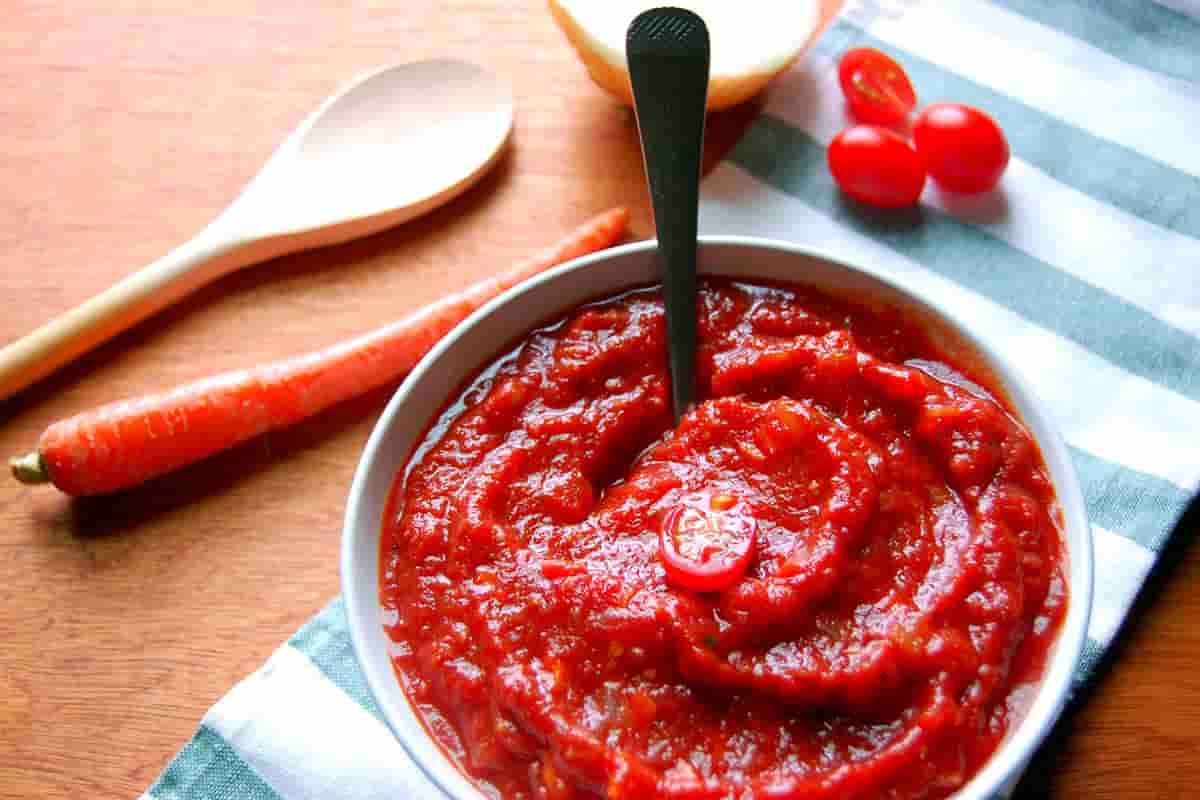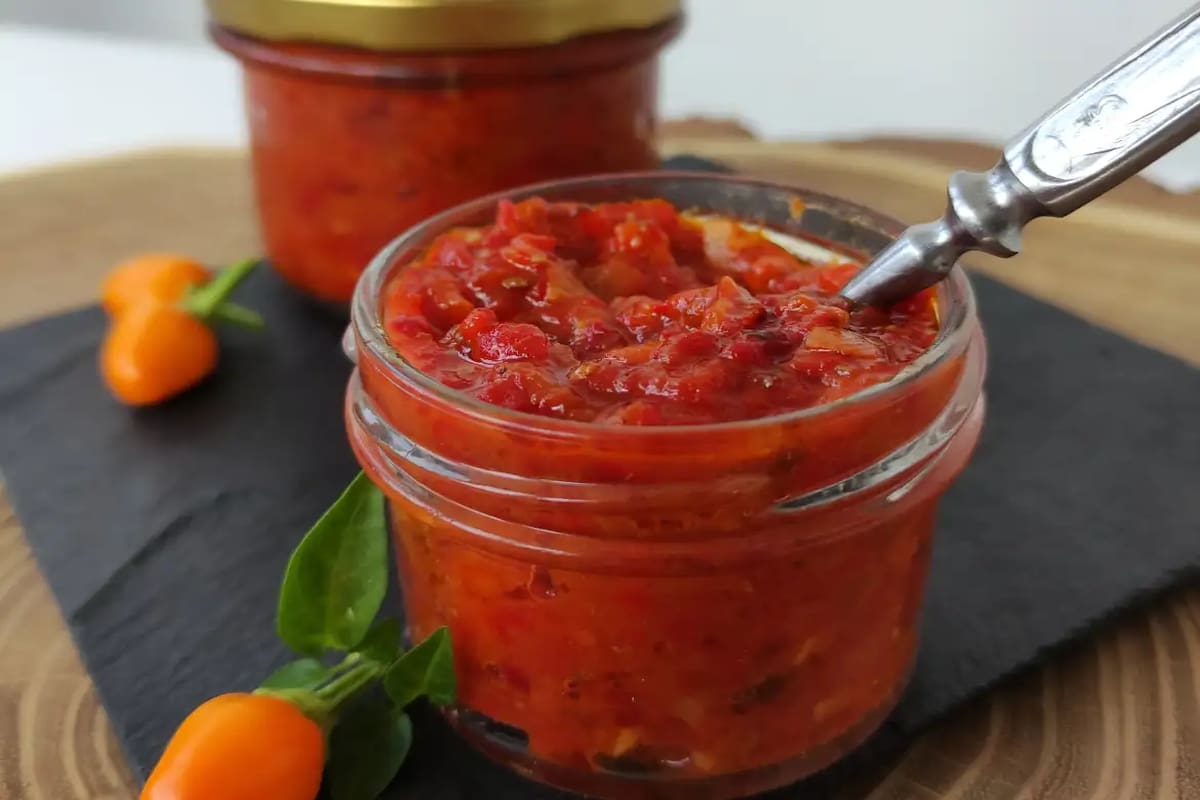If you want to purchase tomato-based products like tomato paste, then you need to get familiar with reliable and popular supermarkets across the UK and other European countries.
Not surprisingly, even under the tightest epidemic lockdowns, retailers around the world have remained open. Selling food and household items is a crucial part of every economy. People also have the option of shopping for groceries in neighborhood stores and farmer’s markets.
Supermarket companies in Europe have seen their market share decline over the past few years. Forbes cites dwindling household sizes, fewer children in the household, and an aging population as the primary factors.
Nonetheless, supermarkets retain certain benefits:
They have everything you need for your daily life.
For the most part, they put in long hours, sometimes around the clock.
Online ordering and delivery is commonly available.
Many supermarkets now feature prepared food aisles and even little cafeterias in addition to their traditional self-service check-out lanes.

Therefore, supermarkets are still the most popular choice for grocery shopping in Europe, provided that they are conveniently located. This supermarket accounts for almost 41% of total grocery sales. When compared to supermarkets, hypermarkets and discount retailers each account for 23% of the grocery shopping market.
1) Schwarz Group (Kaufland and Lidl), Germany
The Schwarz Group is a family-owned, worldwide retail conglomerate that operates the Kaufland, Handelshof, and Kaufmarkt grocery store chains as well as the Lidl discount store chain.
Gross sales for the 2019/2020 fiscal year at Schwarz Group rose 8.6 percent to €113.3 billion. Net sales at Lidl were up 9.5% year over year, while those at Kaufland were up 4.5%.
Currently, Kaufland operates around 1300 stores throughout 8 European nations. The Group’s recent attempts to expand to Australia were likewise met with disappointment.
Additionally, Kaufland has initiated the process of recruiting new employees, is now developing a $450 million distribution center in Victoria, and has acquired additional sites in strategic locations throughout the country. The corporation, however, shelved this plan at the start of 2020 to focus exclusively on the European market. Now, the biggest European grocery company is looking to acquire 101 Real stores.
French city of Carrefour
Carrefour is among Europe’s oldest and most reputable retail names. In 1963, the Carrefour firm launched its first hypermarket, making it one of the earliest of its kind in Europe. As time has progressed, the grocery chain has gone global, opening locations in Europe, the Middle East, South America, Africa, and Asia. It even broke into potentially lucrative markets like China, Brazil, and India.
Carrefour has also made a name for itself as a socially-responsible frontrunner through its efforts to improve food quality and traceability, create new organic products, aid farmers and agricultural industries, cut down on food waste, restrict the use of plastic in packaging, improve animal welfare, and so on. For 2019, the supermarket chain achieved an impressive 114% on the “CSR and Food Transition” index, far surpassing its stated goals.
It is clear that Carrefour’s operational strategy is paying off, as seen by the company’s strong financial performance in 2019. Compared to 2018, sales increased by 1.8%, or 3.1% on a Like-for-Like (LFL) basis. Additionally, the Group’s net income increased dramatically, from €(582)m in 2018 to €1,314m in 2019.
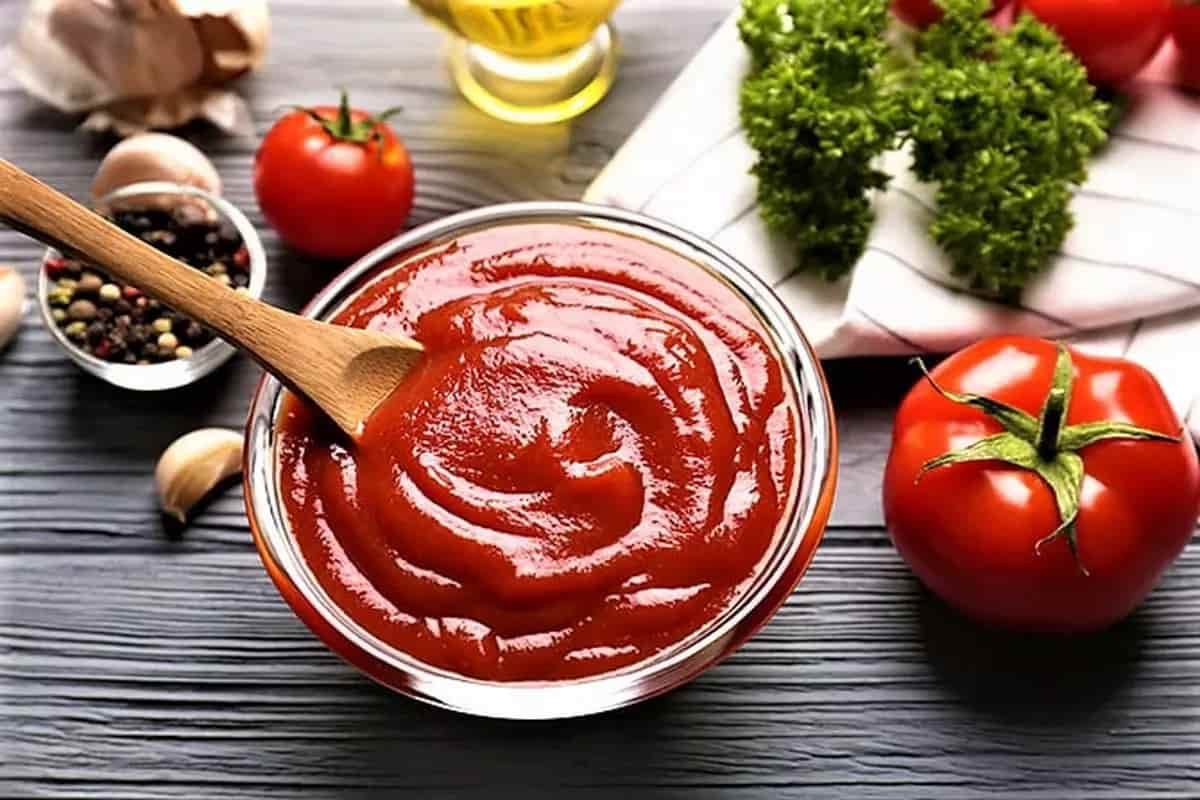
Thirdly, Germany’s Aldi
The total anticipated annual income of the Aldi worldwide empire is above $80 billion. The Aldi Group’s 2019 German sales of about €29.5 billion reflect the company’s consistent expansion in recent years. In 2018, it made a total of €11.75 billion in sales in the United Kingdom.
By 2022, Aldi hopes to surpass both Walmart and Kroger to become the nation’s third-largest grocery retailer. It has committed £1.3 billion to new and existing stores and its distribution centers, and is currently focusing on increasing its business in the United Kingdom. With a long-term goal of 1,200 outlets by 2025, Aldi plans to open 100 new stores in the UK in 2020 and 2021.
The retailer is also spending money on new technologies. Currently, they are testing out a click-and-collect service. Any product carried by Aldi can now be ordered online, regardless of whether it is in stock at the time. The next step is for customers to schedule a time to pick up their orders from designated click-and-collect stations in the store parking lots.
THREE. British supermarket Tesco.
As the market leader in the UK, this international supermarket and general merchandise chain operates stores in seven countries across Asia and Europe. Tesco’s yearly revenue in the UK and Ireland was about £52 billion in the 2018/2019 fiscal year, an increase of about 7 billion pounds from the previous fiscal year. It is projected that group sales would hit £57.3 billion in 2020, with revenues skyrocketing to £64.7 billion.
In addition to its supermarkets and department stores, the British company also runs Tesco retail bank. More than 5 million people use the bank’s various services every month, including credit cards, personal loans, savings products, and house and pet insurance.
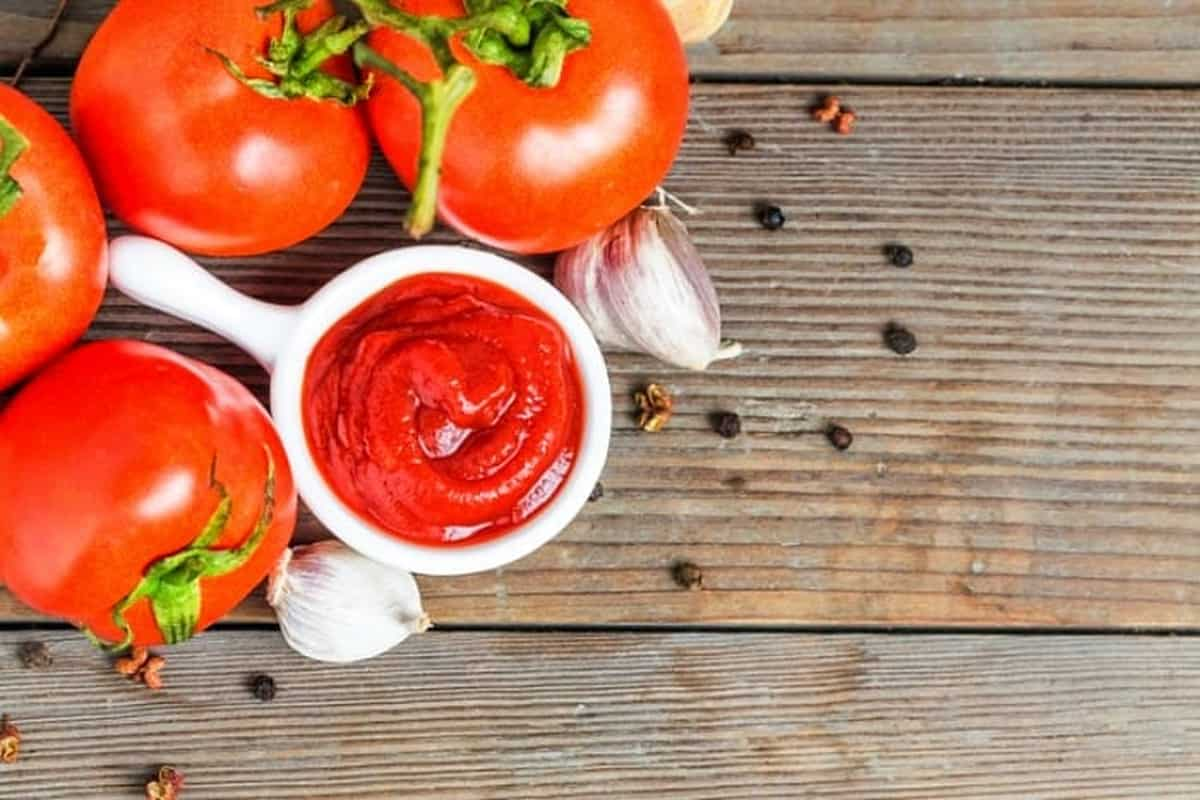
The German supermarket chain Edeka
In 2017, one of the top German supermarket chains held a 20.3% share of the market. The company is also the parent company of the budget grocery store chain Netto. Over the past decade, Edeka has had a steady increase in sales, which has resulted in 2019 revenues of €55.7 billion. When it comes to satisfied customers, the chain ranks high. Edeka runs a supermarket business with over 13,000 locations and employs 376,000 people across Germany. Some near-term expansion is planned for the chain. Edeka has expressed an interest in purchasing up to 70 Real outlets following SCP Group’s acquisition of Real.
the German retailer Rewe Group
Among German supermarkets, the REWE Group lags just slightly behind the market leader, EDEKA. It’s also present in ten additional European nations. REWE was established in 1927 and is owned cooperatively by its approximately 3,000 member retailers. The retail outlets featured are REWE, REWE CENTER, REWE CITY, toom, BILLA, nahkauf, PENNY, toom, B1 Discount, and ProMarkt, all of which are supermarkets or general merchandise shops.
Overall, REWE Group’s 2019 business year saw an increase in external revenue over the previous year, from €61.2 billion to €62.7 billion. There was a little rise in the proportion of earnings that came from abroad, up to 29.2 percent. Retail sales at German REWE stores were up 9.1 percent from the previous year. As a result, REWE stores in Germany saw more growth than any other chain selling food. REWE merchants in Germany saw an increase in the number of their stores in 2019, from 1,718 to 1,810. International Full-Range Stores saw an 8.2% increase in revenue (a 7.9% increase after adjusting for currency rate effects) thanks to the success of their supermarket and pharmacy operations.
Billa has reported below-market growth between 2016 and 2019, at less than 4% yearly, hence the Group has decided to withdraw from the Ukrainian market. As a means of increasing profits and shifting attention to more promising regions, Rewe has previously pulled its Billa brand from underperforming ones like Croatia and Italy.
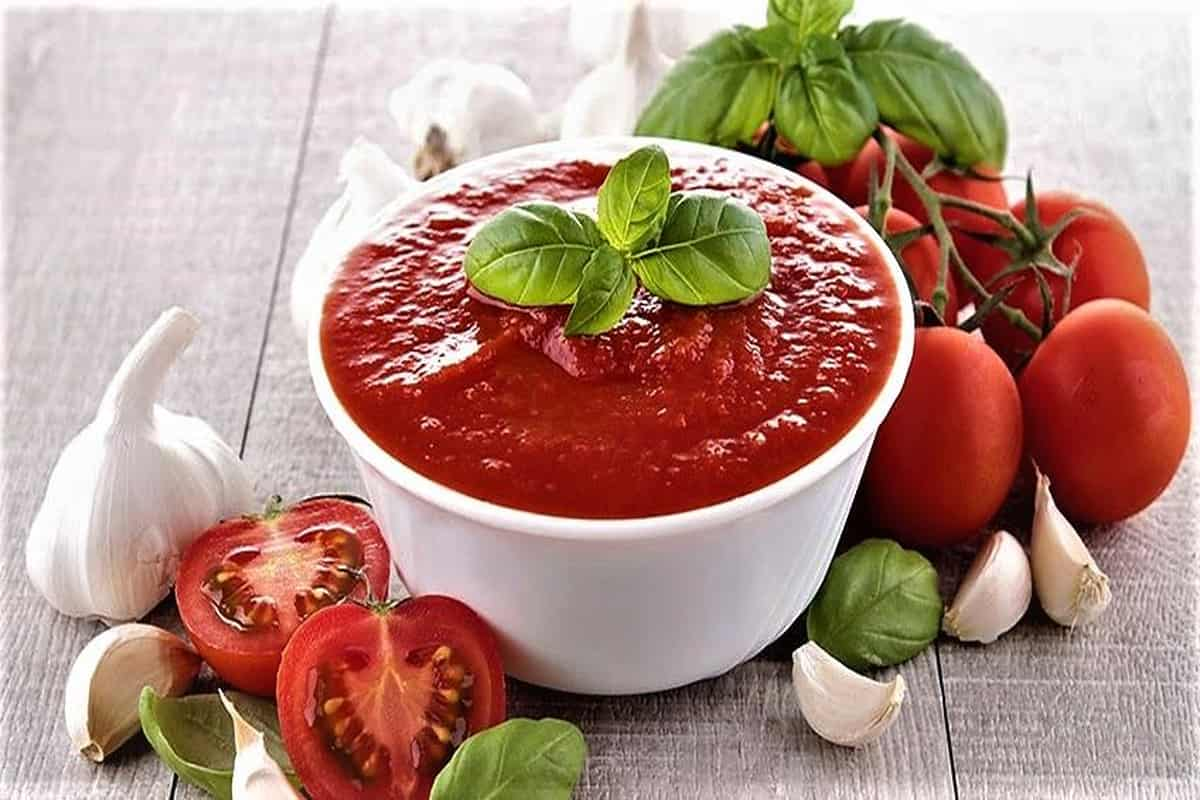
No. 7: Auchan, France
In addition to its home country of France, the French retail conglomerate also operates in Italy, Spain, Portugal, Luxembourg, Poland, Romania, Hungary, China, Taiwan, Russia, and Ukraine, making it one of the world’s largest retail conglomerates.
In addition to their traditional convenience stores, Auchan has been operating a number of unattended stores in China since 2017. To facilitate the growth of the Auchan Minute digital retail model, the company inked a contract with HiSense. Before entering, customers must scan an app to verify their identity, and while inside, they must scan their purchases to pay. Both WeChat and Alipay are accepted as payment methods. There are 500 different items packed into 18 square meter containers that Auchan utilizes for this endeavor. These convenience stores have around-the-clock service. The shop intends to roll out the same concept across Europe, beginning with its native country.
As of June30, 2020, Auchan Holding’s first half earnings showed consolidated revenue of €22.5 billion before taxes. Compared to the previous year, the Holding’s profit was €46 billion. With 918 hypermarkets, 741 convenience stores, and 352 ultra-convenience stores in 12 countries, Auchan was a major player in the grocery industry on that day. There were 282 franchised shops in total.



